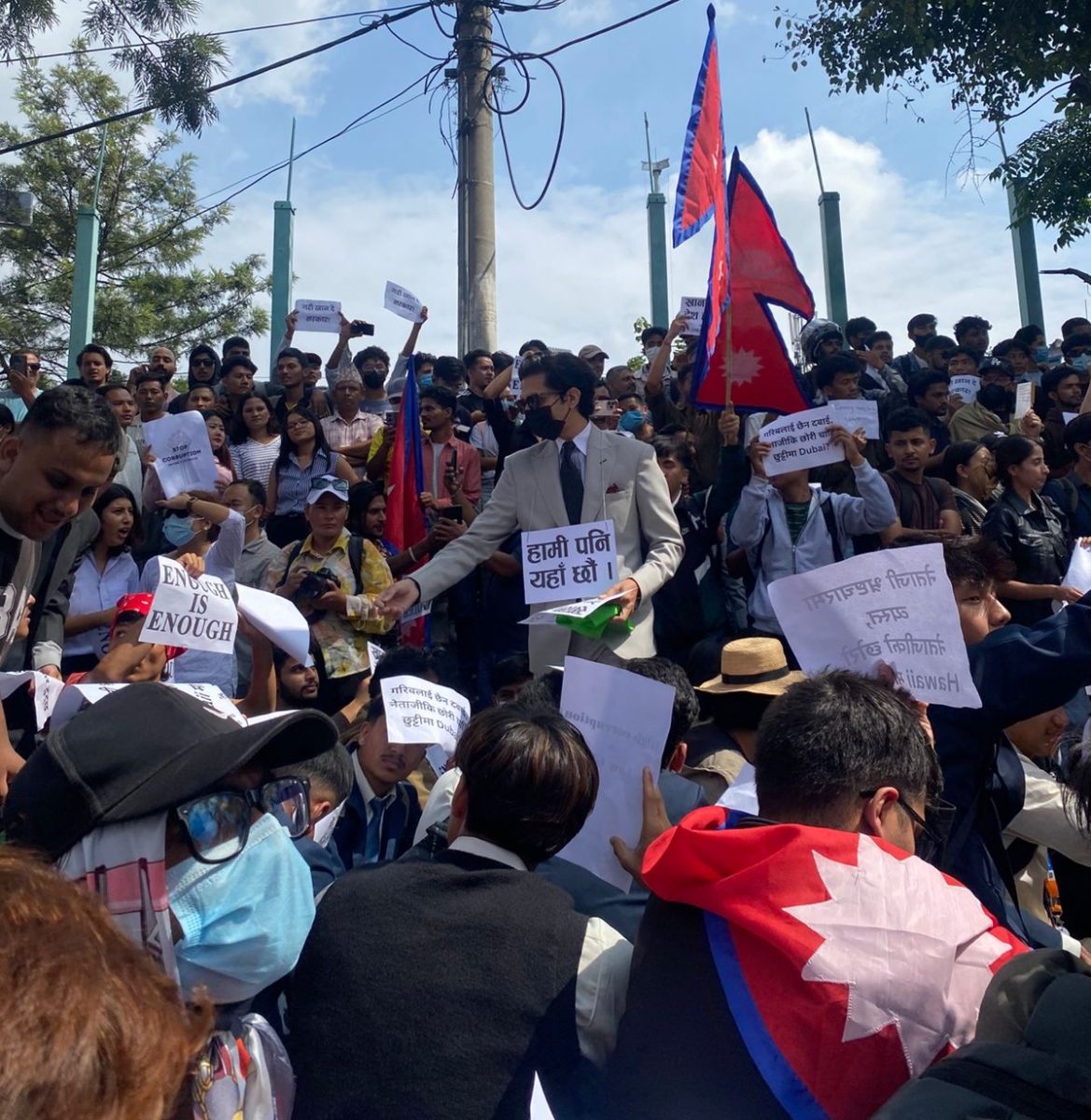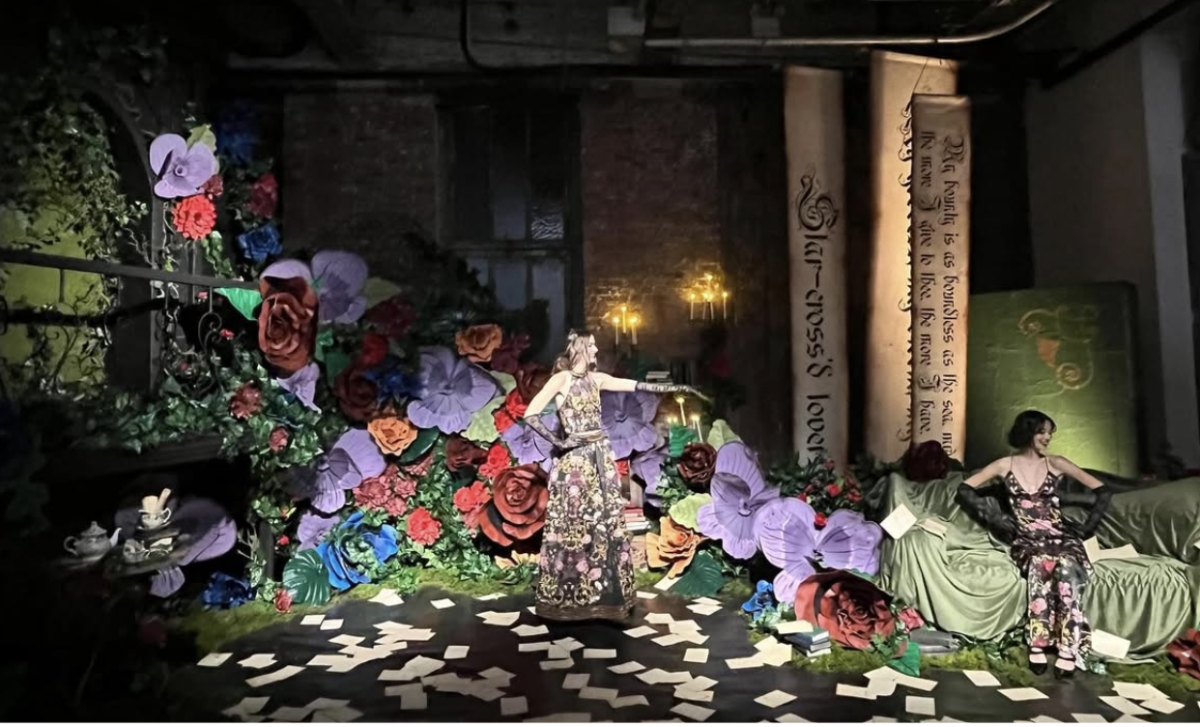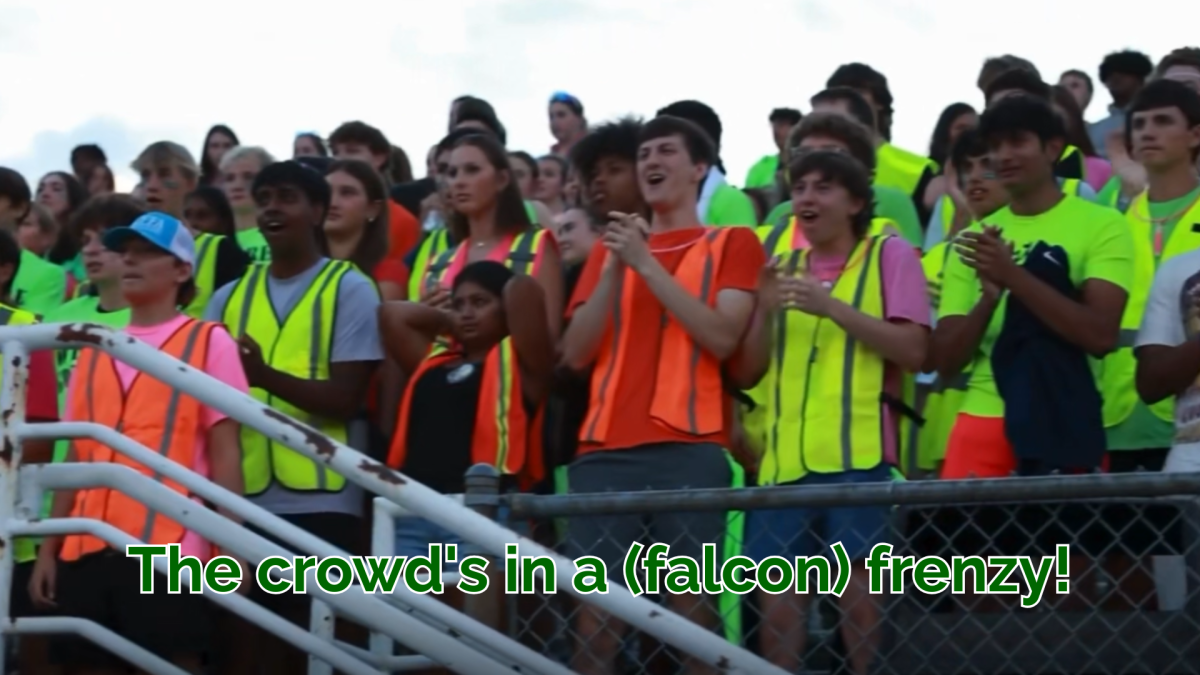History, horror and hope: New law requires Holocaust education in all schools
Holocaust curriculum has been historically lacking. A new law seeks to change that.

The North Carolina Holocaust Education council seeks to implement a law that mandates Holocaust education in all North Carolina public schools.
The impact of the Holocaust–the systematic persecution and genocide of millions of Jewish people during World War II– continues to affect communities today. However, many Americans remain unaware of the atrocities that occurred during the Holocaust. The Gizella Abramson Holocaust Education Act, named after Holocaust survivor Gizella Abramson, seeks to change that.
The act requires Holocaust education to be taught in public middle and high schools across North Carolina. Holocaust education will be primarily integrated into English and Social Studies courses, while a Holocaust Studies elective may be introduced into course catalogs later on. Green Hope High School English teacher Ms. Melanie Diorio played an integral part in advocating for the new lesson plan.
Ms. Diorio graduated from Stockton University with a Master of Arts in Holocaust and Genocide studies and is a member of the North Carolina Council on the Holocaust.
She joined the Council after learning about it through a teacher development workshop. “I’ve really grown a lot of interest in studying the field of Holocaust and genocide and I’ve attended meetings as a friend of the council and last year I was appointed by Speaker of the House Tim Moore to become a member of the whole House council.”
Alongside a board of several current and retired teachers, the council developed requirements for schools to implement across North Carolina.
“The curriculum development team … researched existing lessons and existing resources out there,” Ms. Diorio said. “Around 35 teachers across the state met over this past summer to review the sources and [make] text recommendations.”
The council will finalize the curriculum with the North Carolina Department of Public Instruction over summer, and will provide teachers with additional support and materials relating to the Holocaust curriculum as implementation begins.
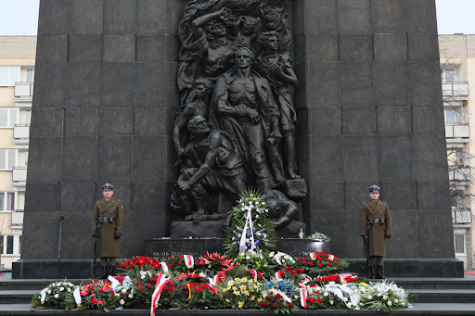
“We have to help teachers with teacher training workshops that they can sign up for,” said Ms Diorio. “So that could be something if teachers are struggling to incorporate this in their classes for how to introduce this, then we’ll be able to see if we need some other type of guidance at that point.”
The current English curriculum in public schools already teaches Holocaust material through novels including “Night” and “Maus,” but the law aims to increase its prevalence in the curriculum. “It is designed to sort of be woven into the existing English and social studies classes,” Ms. Diorio said.
By introducing Holocaust material into classrooms, Ms. Diorio hopes to bridge the gap between the lack of awareness for the Holocaust in students and older generations alike. A survey in the United States found that 48% of millennials and Gen-Z couldn’t name a single concentration camp, and 63% were unaware of the genocide’s near six million death toll. “It’s definitely something that even adults can learn even more about and learn new things each time,” said Ms. Diorio.
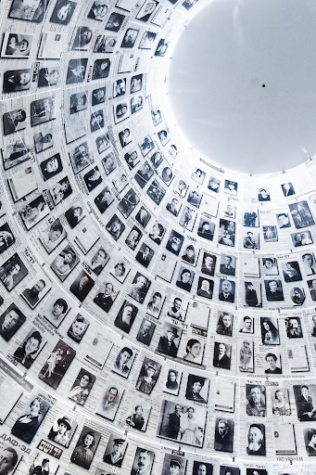
Outside the classroom, Holocaust and genocide education can also increase the understanding of current human rights violations across the world. Peter Irwin, a representative of the Uyghur Human Rights Project (UHRP), agrees that genocide and Holocaust curriculum and classes are imperative to raising awareness of the Uyghur genocide in China.
“The Uyghur issue is much more prevalent in the general public than it was just a few years ago, but much more needs to be done to bring this issue to the attention of the international community,” said Irwin. “Public pressure and pressure on democratic governments is an essential part of preventing human rights abuses on this scale.”
Ms. Diorio agrees, adding that education also acts as a “warning sign” for similar incidents that may occur today. “I think it’s very important to keep this alive so that we can recognize these warning signs of these mass atrocities across the world.”
As Holocaust and genocide studies appear in North Carolina’s classrooms, supporters of the act hope that students will begin to learn more about past and current atrocities and human rights violations.. “It educates them about current events, promotes critical thinking, and fosters a sense of social responsibility to address and prevent such atrocities,” Irwin said.
The staff of the GHFalcon would love a donation to help the journalism program at Green Hope continue to flourish. Many of our donations go to towards improving the materials that we deliver to you in electronic format. Thank you so much to those that are able to donate.

Peggy Chen is a senior at Green Hope High School, and this is her third year in the journalism program. She is thrilled to serve as the editor-in-chief and be able to report on the issues that she is passionate...









